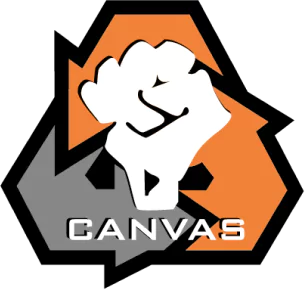Oct 17, 2019-2019
Lebanon
October Revolution
Share
ACTIVISTS/ACT.GROUPS/DESCRIPTION OF THE GROUP
Cross-sectarian and leaderless
TARGET
Hariri govt
WIDELY HELD BELIEF
The current corrupt polticial order needs to be overthrown.
CASE NARRATIVE
Issue and Opponent: The majority of Lebanese people have been unhappy with the current political order and prime minister Saad el Hariri, who took office again in 2016. Before his reelection in 2016, he held office from 2009 – 2011. Hariri was unfavored by individuals of all ages, classes, and geographic locations in Lebanon. The sectarian system of sharing power was the solution to the 15-year civil war, which ended in 1990. The people have felt uneasy for a long time, as this system allowed and encouraged nepotism, corruption, poor governance as a result of an unstable democratic process, and deceit. The peaceful protests, which broke out on October 17, 2019, came as a result of the government imposing new taxes. A large portion of these taxes were on the app ‘Whatsapp,’ which is how most people communicated in Lebanon.
Dilemma Action: On October 17, Lebanese people of all ages, genders, and classes took to the streets to nonviolently protest Hariri, the government, and the whole political system. They demanded the resignation of every political representative. The individuals painted their faces white and red– the colors of Lebanon’s flag– and carried posters and banners displaying their demands. Some painted their faces as a clown and danced and laughed. The people always stood in some type of group, sending the message that they all stood together and in agreement. They used the slogan “Killion Ya3ne Killion” translating to “All Means All.” Many leaders from the different sects refused to take the blame and placed it on one another. The people recognized they were all responsible and should take accountability. They made hashtags trend on Twitter and began to include repetition in their demands. They would all chant “I want…” and name something different. Many people continued with “to live, to breathe, to find a job in Lebanon, rights as a woman, electricity, water, and infrastructure.” They formed a human chain from the North to the South, strategically blocking highways and bridges. Their unity served as a symbolic joining of ‘opposing groups.’ Their religious symbolism lay with rejecting ‘the leader of their sect.’ These protests continued for 13 consecutive days. If, at any point, the government recognized and attempted to stop the protests, they would be drawing more attention to the situation and acknowledging the unity of the people. However, if they sat back and did nothing, there is no telling how long the protests would last. With trending hashtags on social media, the October Revolution was already gaining international attention.
Outcome: On October 29, Prime Minster Hariri announced his resignation. The people were extremely joyful, but not yet satisfied, as they wanted all current political representatives to resign. The October Revolution was part of a larger campaign to hold the political officials accountable in Lebanon and to overthrow the current political order.
PRIMARY STRUGGLE/GOAL
NONVIOLENT TACTICS USED
DA TACTICS USED
Displays of flags and symbolic colors
CASE NARRATIVE WRITER
SUCCESS METRICS
12 / 12
(CONC) Concessions were made
(EREP) Dilemma action got replicated by other movements
(MC) Media Coverage
(MSYMP) Media coverage was sympathetic to the activists
(OR) Opponent response
(PS) Dilemma action built sympathy with the public
(PUN) Punishment favored the activists
(REFR) Dilemma action reframed the narrative of the opponent
(RF) Dilemma action reduced fear and/or apathy among the activists
(SA) Dilemma action appealed to a broad segment of the public
Artivism
Laugtivism
PART OF A LARGER CAMPAIGN
3 / 3
Activist group continued working together after the action
Encouraged more participants to join the movement
Internally replicated by the same movement
RESOURCES
Project documentation
Dilemma Actions Coding Guidebook
Case study documentation
Dilemma_Actions_Analysis_Dataset
SOURCES
Kassir, Alexandra. 2019. “Lebanon’s “October revolution” : An end to the civil war?” Open Democracy. Retrieved July 23, 2023. (https://www.opendemocracy.net/en/north-africa-west-asia/lebanons-october-revolution-end-civil-war/).
Ibrahim, Pio. 2020. “99 Ways To Take Back Your City: Lessons Learned From the Insurgent Practices in the October 17 Revolution of Lebanon,” Illinois Digital Environment for Access to Learning and Scholarship. Retrieved July 23, 2023.
Amnesty. 2020. “Lebanon Protests Explained: Protests and repression,” Retrieved July 23, 2023. (https://www.amnesty.org/en/latest/news/2019/11/lebanon-protests-explained/).
Sullivan, Helen. 2019. “The Making of Lebanon’s October Revolution,” The New Yorker. Retrieved July 23, 2023. (https://www.newyorker.com/news/dispatch/the-making-of-lebanons-october-revolution).
Related cases
Aug 24, 2012-2012
Russia
Many oil and gas companies have viewed the Far North as the next frontier for fossil fuel exploration. The state-owned oil company, Gazprom, intended to become the fir...
/
May 1, 2022-2022
Ukraine
Ukraine has received more than 1 million tons of military equipment from NATO countries, including tanks, howitzers, and ammunition. It has also received tons of suppo...
/
Jul 1, 2005-2005
United States of America
Groups of white nationalists and neo-Nazis are growing, planning rallies, and recruiting people into their ranks in various cities in the United States. In Olympia, Wa...
/
Subscribe to our newsletters to get full access to all materials on our website.

